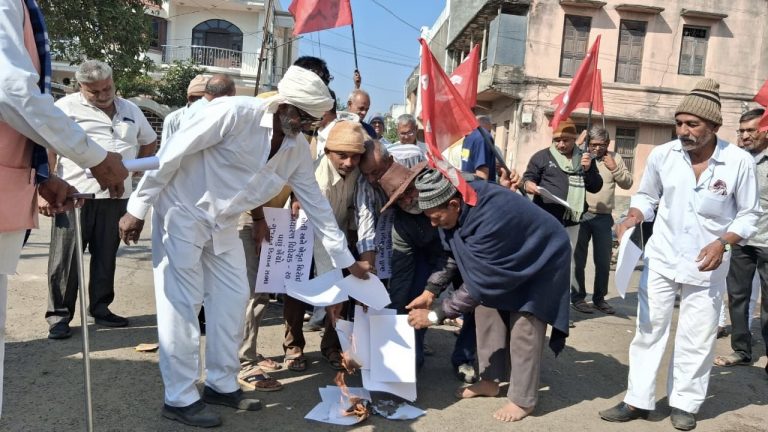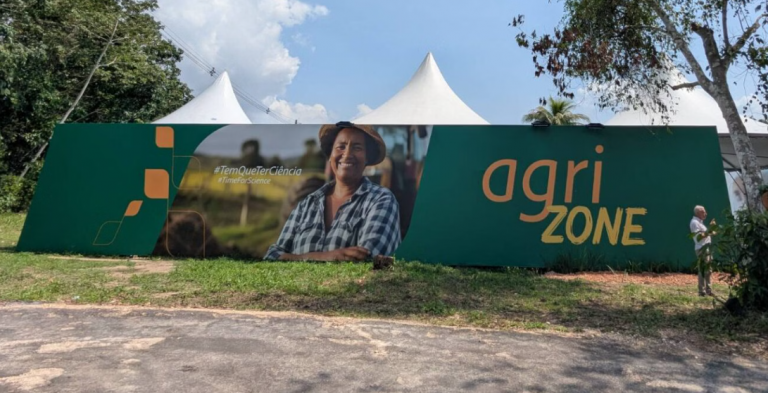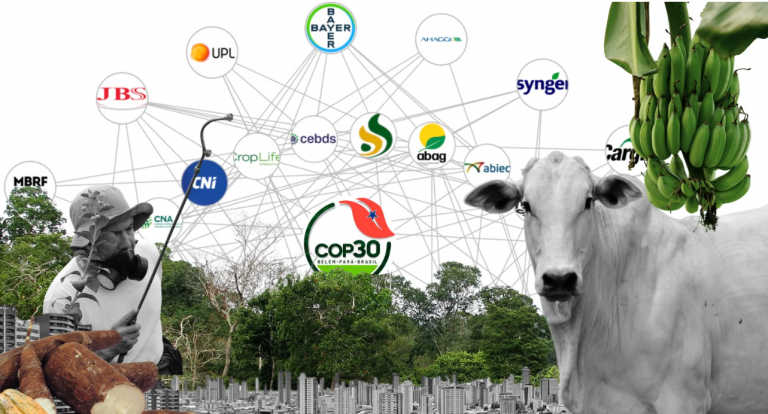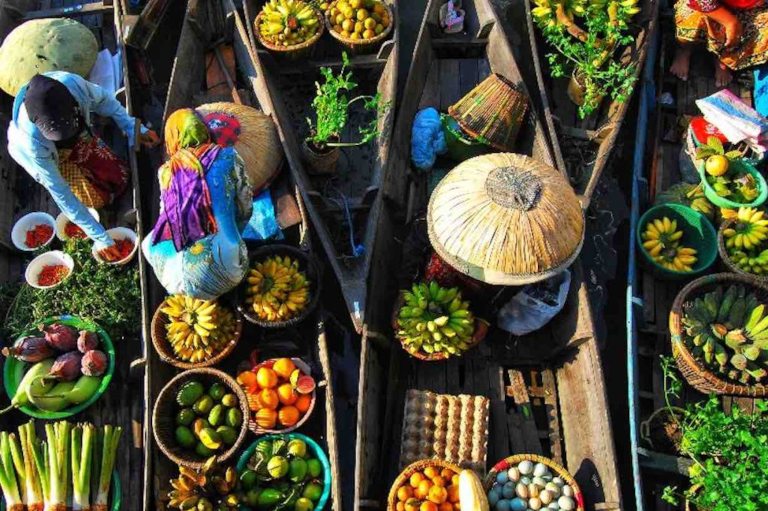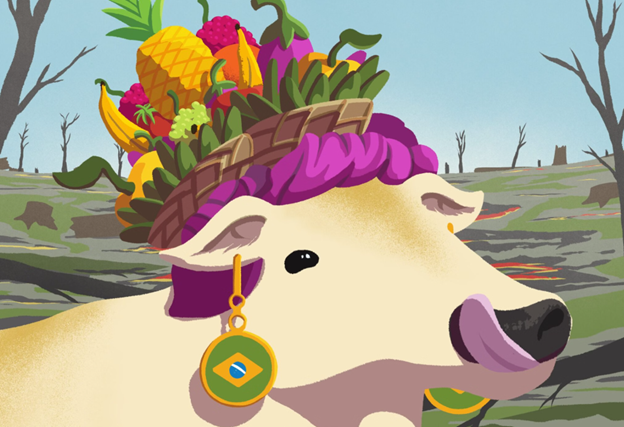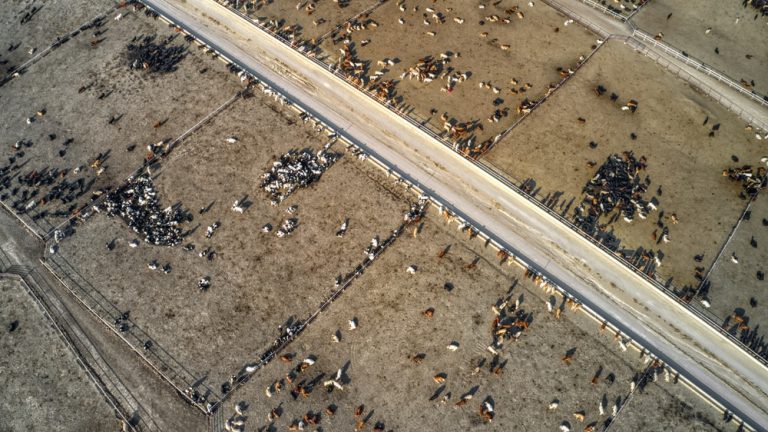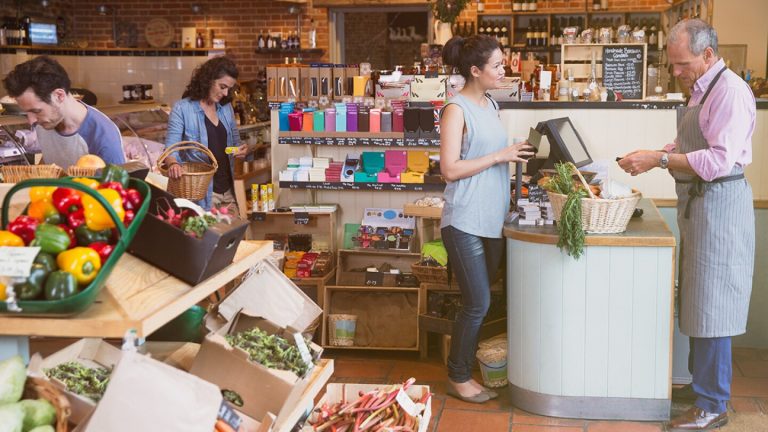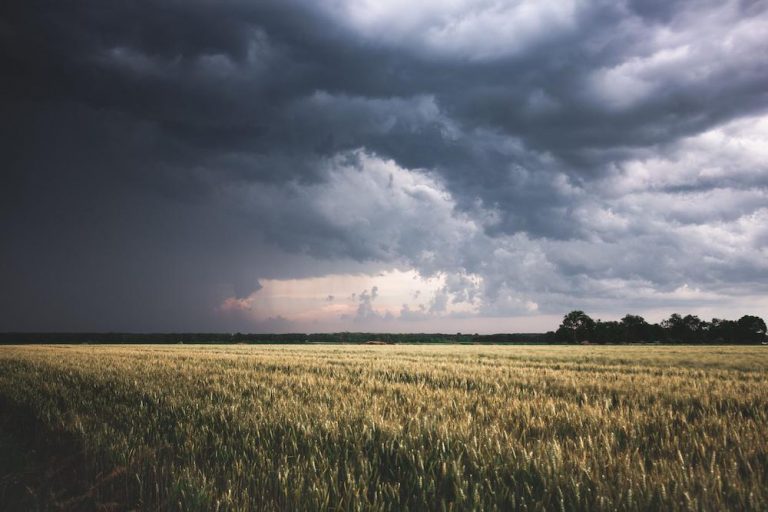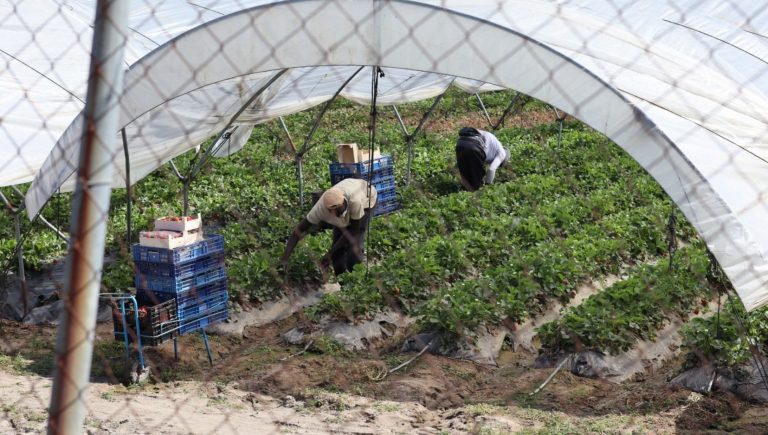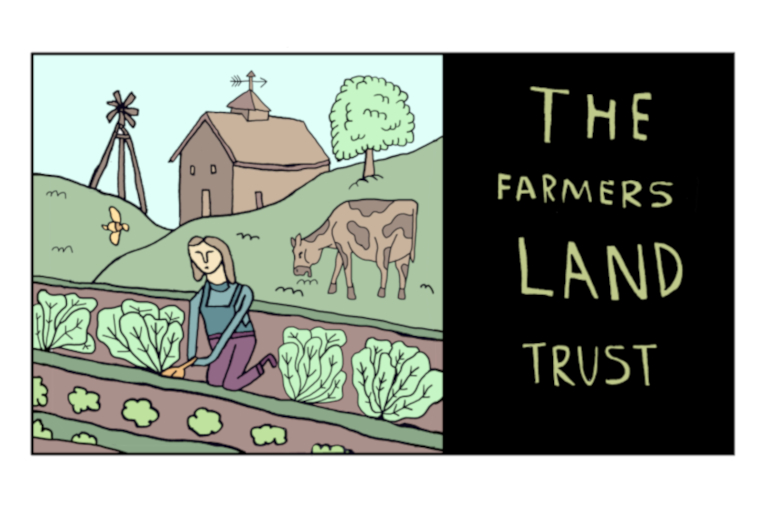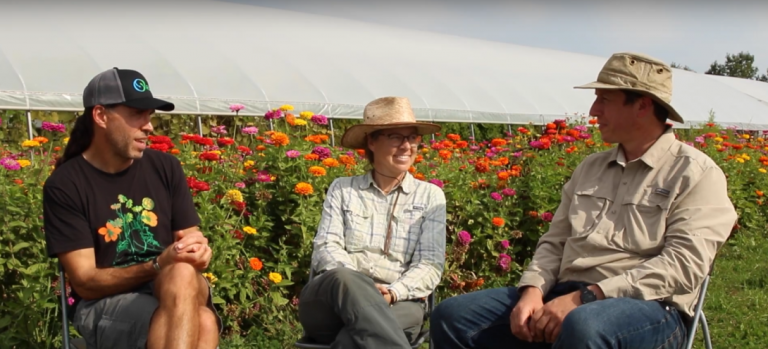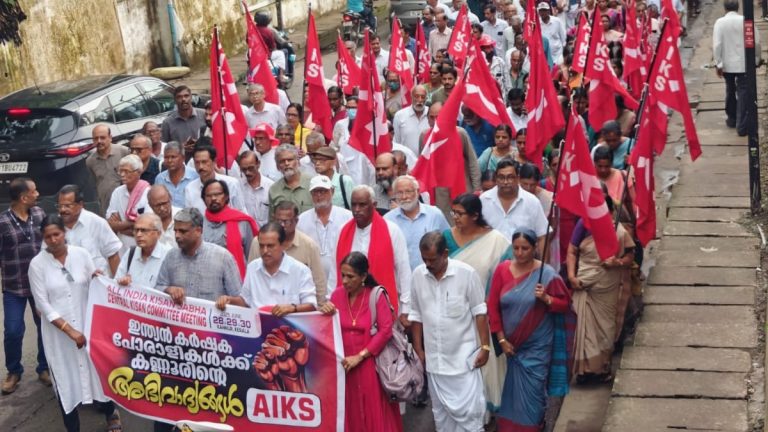Indian Farmers Protest New Seed Bill, Calling It A Threat To Sovereignty
Hundreds of thousands of farmers across India protested against the new draft Seed Bill 2025 on Monday, December 8, burning copies of it and demanding its immediate withdrawal. The bill will compromise the country’s food security and threaten its seed sovereignty, the farmers claimed.
The call for the protest was made by Samyukta Kisan Morcha (SKM), a collective of various farmers’ organizations formed in 2020, which includes the left-wing All India Kisan Sabha (AIKS).
Farmers gathered in their villages/towns with banners and posters and burnt copies of the seed bill.

